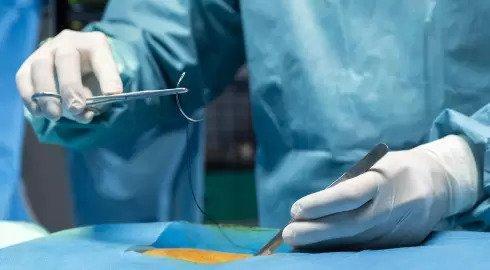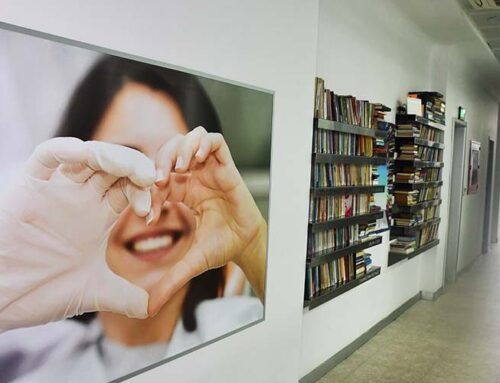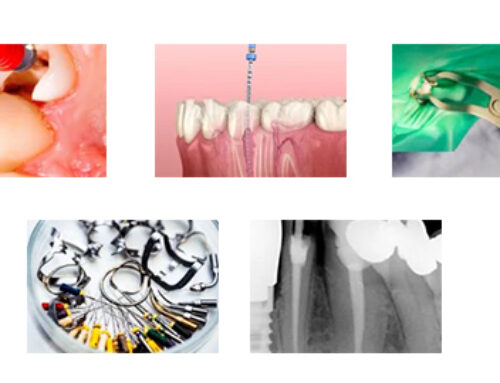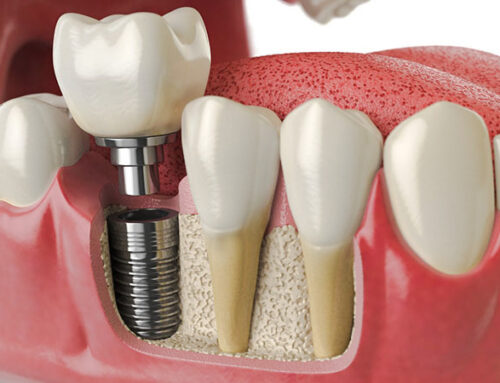
Implants are artificial teeth that best closest natural teeth. Implant treatment is a surgical procedure. General surgical protocols are applied in implant treatment, as in every surgical procedure. In implant surgery, the entire environment must be sterile and hygienic. These sterile and hygienic conditions are provided in the dentist’s operating room. This reduces postoperative complications.
There are many things you need to do in order for your implant treatment to be comfortable after surgery and for this recovery period to pass very well.
Possible complications that may occur after implant surgery include:
- Pain
- Bleeding
- Opening the stitch
- Infection
- Bruises on the face
- Swelling
Such problems are complications that can occur after any surgery.
In implant surgery, after the gingiva is opened, the hole is opened up to the diameter of the implant. An implant is placed in the bone. Surgery performed on the placed implant changes the biological structure of the bone. These biological changes cause complications such as pain and swelling. To minimize these;
- Always working in a more sterile environment
- Working slowly without trauma
- Working slowly and under refrigerating
- The experience of the surgeon is important in this case.
It is also important not to smoke after implantation. Smoking after surgery delays wound healing and increases pain. These causes problems in the fusion of the implant with the bone.
After the implant is placed, your dentist will give you a cold compress to reduce and prevent swelling. You should apply this compress to the surgical area for 5 minutes and rest for 5 minutes. This cold compress is important for both reducing pain and preventing swelling.
It is important that you regularly use the medications your dentist will prescribe after implant surgery.
Your stitches for the implant should be removed after 7 days. Be sure to pay attention to oral hygiene after implant surgery. This keeps you free of infection and improves healing. Avoid hot foods to prevent increased bleeding after the surgery, protect the surgery area from food, and do not hesitate to consult your doctor in any situation you think is unusual.





Leave A Comment